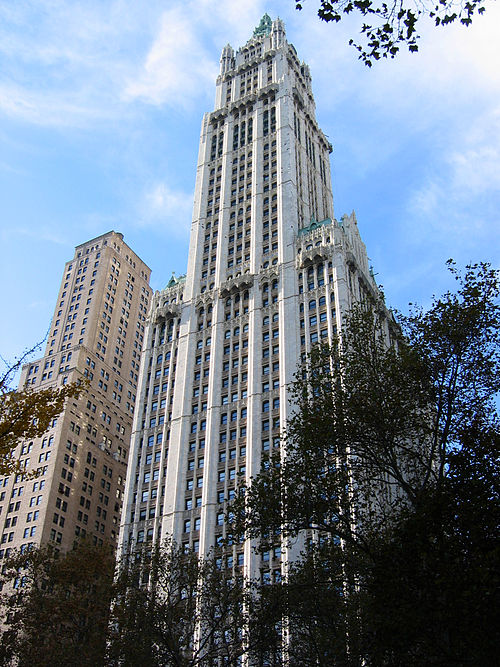In the year 1873, there was a country-bumpkin who applied for a sales job at a store in upstate New York. He looked like anything but a potential salesman to the owner, who knew 20 other more experienced candidates would soon be applying. But he sensed something sincere about the young man, and said, “Okay. The job is yours. You start Monday!”
Trying to control his excitement, the young man asked, “What are you going to pay me, sir?”
“Pay you!?” the owner said. “You don’t expect me to pay you, do you? Why, you should pay me for teaching you the business.”
So the young man went to work without pay — for three months, from seven in the morning to nine at night. At first they didn’t even trust this farm boy to wait on customers. He just swept the floor and dusted shelves as the other clerks laughed at him.
But those three payless months eventually paid off bigger than the lottery. With the experience he gained in that store after he became a paid employee, Frank Woolworth went out and started his own store — and in the decades to come thousands more.

He became so wealthy that the Woolworth Building in New York, once the tallest skyscraper in the world, was constructed with cash from his personal fortune (a feat that likely has never been duplicated). And he did end up paying the shop owner for teaching him the business, making him a partner in his F.W. Woolworth retail chain.
Reference: Thomas Sowell, Applied Economics: Thinking Beyond Stage One (Basic Books, 2004), pp. 35-37
Woolworth Building in New York. Pic courtesy Wikipedia.
